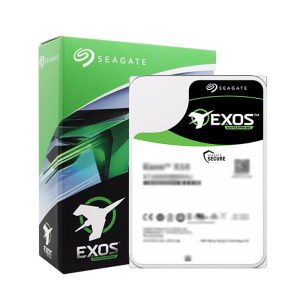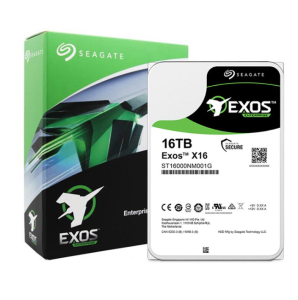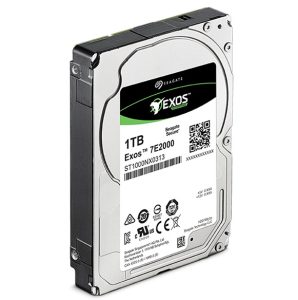In the world of data storage, Network Attached Storage (NAS) systems have become increasingly popular for their efficient data management and accessibility. One common question that arises among potential buyers is why NAS systems typically use Hard Disk Drives (HDDs) instead of Solid State Drives (SSDs). In this article, we will delve into the reasons behind this preference and explore the benefits and considerations of using HDDs in NAS environments.
1. Understanding theNAS-HDD Connection
Network Attached Storage (NAS) systems are designed to provide a centralized storage solution for multiple devices on a network. HDDs, known for their high storage capacity and cost-effectiveness, are often the go-to choice for NAS systems. Here’s why:
- Cost-Effectiveness: HDDs offer more storage space per dollar compared to SSDs, making them ideal for large storage requirements.
- High Storage Capacity: HDDs are available in terabyte sizes, which is crucial for NAS systems that handle extensive data.
- Data Durability: HDDs are designed to handle long-term data storage and are more durable for constant read/write cycles.
2. The Role of Data Durability and Access Speed in NAS
When considering storage solutions for NAS systems, data durability and access speed are two critical factors. Let’s explore these aspects in detail:
Data Durability
Data durability is crucial for NAS systems that store important files for long periods. HDDs are built to handle continuous operation and frequent access, making them more reliable for long-term storage. This durability ensures that data remains accessible and intact over time.
Access Speed
While SSDs are known for their faster access speeds, the difference in speed is often not as significant in NAS environments. NAS systems are primarily used for storing and accessing large files, where the sequential read/write speeds of HDDs are sufficient. Moreover, the cost savings and higher storage capacity of HDDs often outweigh the speed benefits of SSDs.
3. The Impact of Heat Generation and Power Consumption
Heat generation and power consumption are important considerations for NAS systems, especially when deployed in confined spaces or data centers. Here’s how HDDs fare in these aspects:
Heat Generation
HDDs generate more heat compared to SSDs due to their mechanical components. However, modern NAS systems are designed to efficiently manage heat dissipation, ensuring that HDDs operate within safe temperature ranges.
Power Consumption
HDDs consume more power than SSDs, which can be a concern for large-scale NAS deployments. However, the cost savings and high storage capacity of HDDs often offset the additional power consumption.
In conclusion, while SSDs offer advantages in terms of speed and power efficiency, HDDs remain the preferred choice for NAS systems due to their cost-effectiveness, high storage capacity, and durability. For businesses and individuals seeking robust and cost-effective storage solutions, HDD-based NAS systems are an excellent choice.
Why Choose Huayi International Limited for Your HDD Needs?
At Huayi International Limited, we are proud to be a Seagate enterprise-grade HDD distributor serving global bulk buyers. When you choose us, you benefit from:
- Direct access to Seagate’s extensive range of enterprise-grade HDDs.
- Secure transactions and reliable supply chain management.
- Stable supply and three-year warranty for peace of mind.
- Comprehensive after-sales support to ensure your storage needs are met.
Contact us today to discuss your HDD requirements and take advantage of our expertise in delivering high-quality storage solutions.




